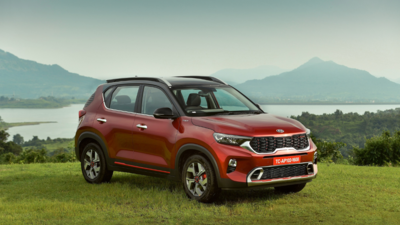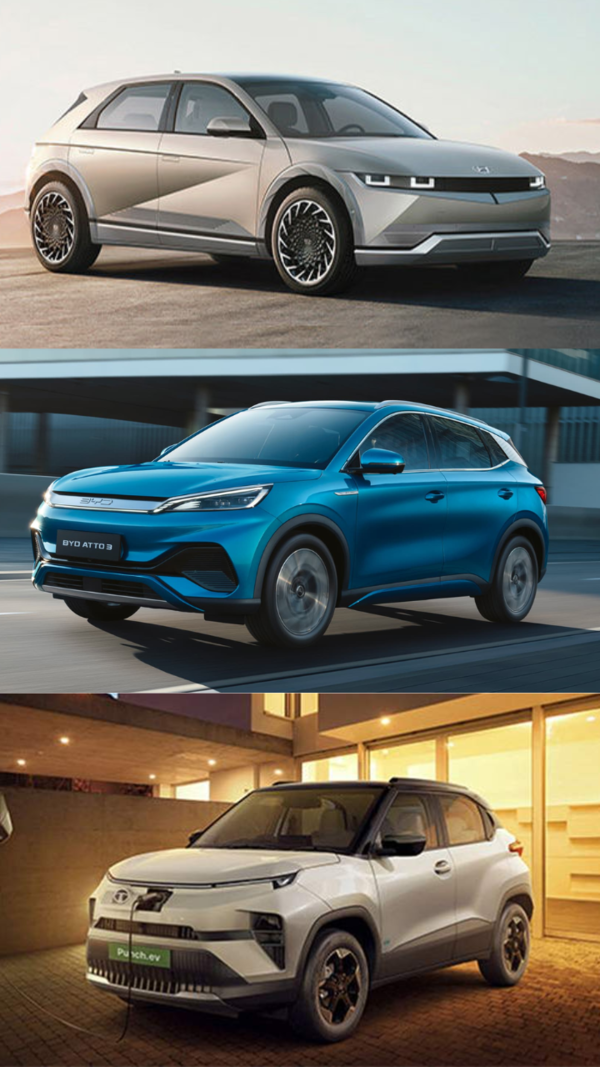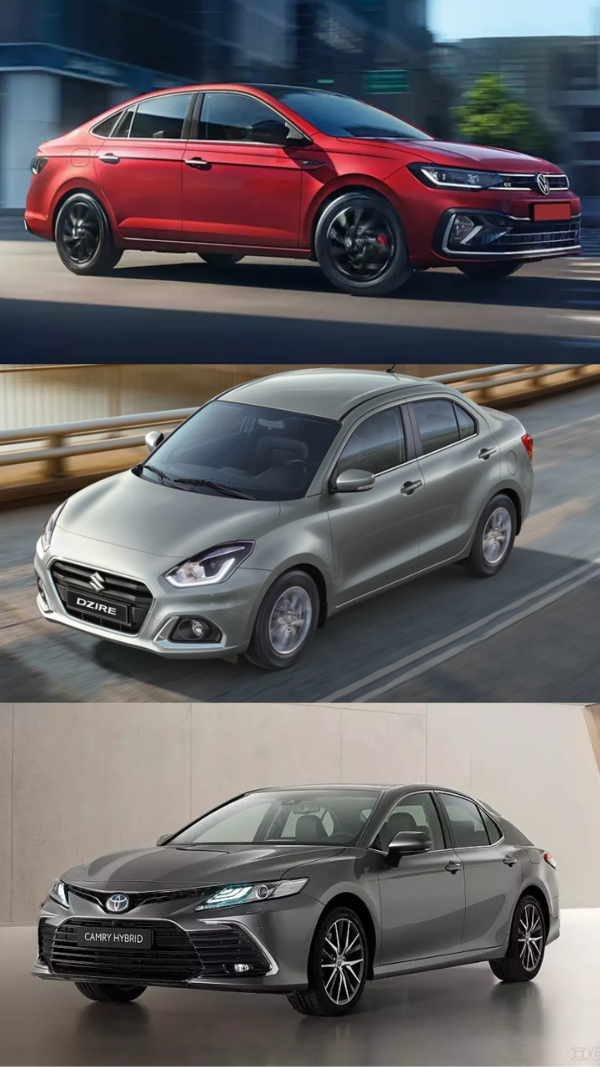Trending
This story is from April 7, 2021
Kia to focus on SUVs, to start third shift at Anantapur plant
With the company hitting No 5 in the volume pecking order in FY21 with 1,55,686 units (just short of Mahindra at No 4 with 1,55,805 units), Kia will start production in third shift at its Anantapur factory in Andhra Pradesh ‘shortly’.

CHENNAI: It will be an SUV-drive for Kia Motors India. Following its success with the Seltos and Sonet, the Korean company is planning to retain its SUV/MPV focus as well as continue with both diesel and petrol presence, said Tae-Jin Park, executive director & chief sales and business strategy officer, Kia Motors India in an email interview.
“The SUV segment growth has outpaced the growth of the entire passenger vehicle market and has shown resilience even in a tough 2020,” said Park.“ Seeing this trend, we certainly see SUVs to play a major role in our future product line-up,” he added.
With the company hitting No 5 in the volume pecking order in FY21 with 1,55,686 units (just short of Mahindra at No 4 with 1,55,805 units), Kia will start production in third shift at its Anantapur factory in Andhra Pradesh ‘shortly’.
With its future focus firmly on SUVs, Kia plans to retain a strong diesel presence as well.
The transmission options will however not include EVs till India's EV roadmap becomes clearer. “The success of EVs is heavily dependent on the right infrastructure supported by steady and streamlined policies,” said Park.
“The SUV segment growth has outpaced the growth of the entire passenger vehicle market and has shown resilience even in a tough 2020,” said Park.“ Seeing this trend, we certainly see SUVs to play a major role in our future product line-up,” he added.
Kia Sonet | Travel Feature | Getaway to hills
With the company hitting No 5 in the volume pecking order in FY21 with 1,55,686 units (just short of Mahindra at No 4 with 1,55,805 units), Kia will start production in third shift at its Anantapur factory in Andhra Pradesh ‘shortly’.
“We have received demand which is not only driven by the metros, but also tier-III, IV and upcountry markets so we are looking at initiating the third shift at Anantapur to cater to the increasing demand,” said Park. Kia has announced that it is targeting 2.5 lakh vehicles production in calendar 2021 and 20% of that will be exported. This is up from 15%-18% of the company’s total production that was exported in 2020. “We are exporting Seltos and Sonet to over 70 countries. The Anantapur plant has been developed to make India one of the hubs in the Kia network.”
With its future focus firmly on SUVs, Kia plans to retain a strong diesel presence as well.
The transmission options will however not include EVs till India's EV roadmap becomes clearer. “The success of EVs is heavily dependent on the right infrastructure supported by steady and streamlined policies,” said Park.
End of Article
FOLLOW US ON SOCIAL MEDIA









